IndiGo, India’s leading airline, faces significant challenges in its growth journey. The airline plans to return about 40% of its grounded fleet to service by April. This situation has severely impacted its finances, with over 60 aircraft remaining grounded throughout the year. Chief Financial Officer Gaurav Negi has cited mechanical and regulatory issues as major contributors to these setbacks.
As a result of these grounded planes, IndiGo reported losses exceeding $100 million in the third financial quarter of 2024 alone. While the airline managed to post a slight profit last year, its vast 64% market share and high domestic valuation helped cushion the blow. However, aggressive expansion has led to substantial aircraft acquisitions, which in turn have exacerbated the number of grounded planes.
The challenges faced by IndiGo highlight critical lessons regarding the rapid expansion strategies of low-cost airlines. Such carriers often pursue bulk aircraft purchases to capitalize on manufacturer discounts. This strategy can lower costs effectively, yet it also introduces significant risks. For instance, other budget airlines, like Ryanair and Wizz Air, have made substantial aircraft commitments. Unfortunately, when production delays or issues with specific models arise, the consequences can be severe.
IndiGo’s experience with the A320neo aircraft serves as a cautionary tale. The airline made one of the largest single orders for this type, committing to it for decades. However, problems with the Pratt & Whitney engines forced the airline to ground many planes. While grounded, these aircraft generate no revenue, further straining IndiGo’s finances. By next April, the airline aims to reduce its grounded fleet to around 40 jets, illustrating the long-term challenges low-cost carriers face when heavily investing in a single aircraft model.
Related stories:
Catch up on the top stories and travel deals by subscribing to our newsletter!

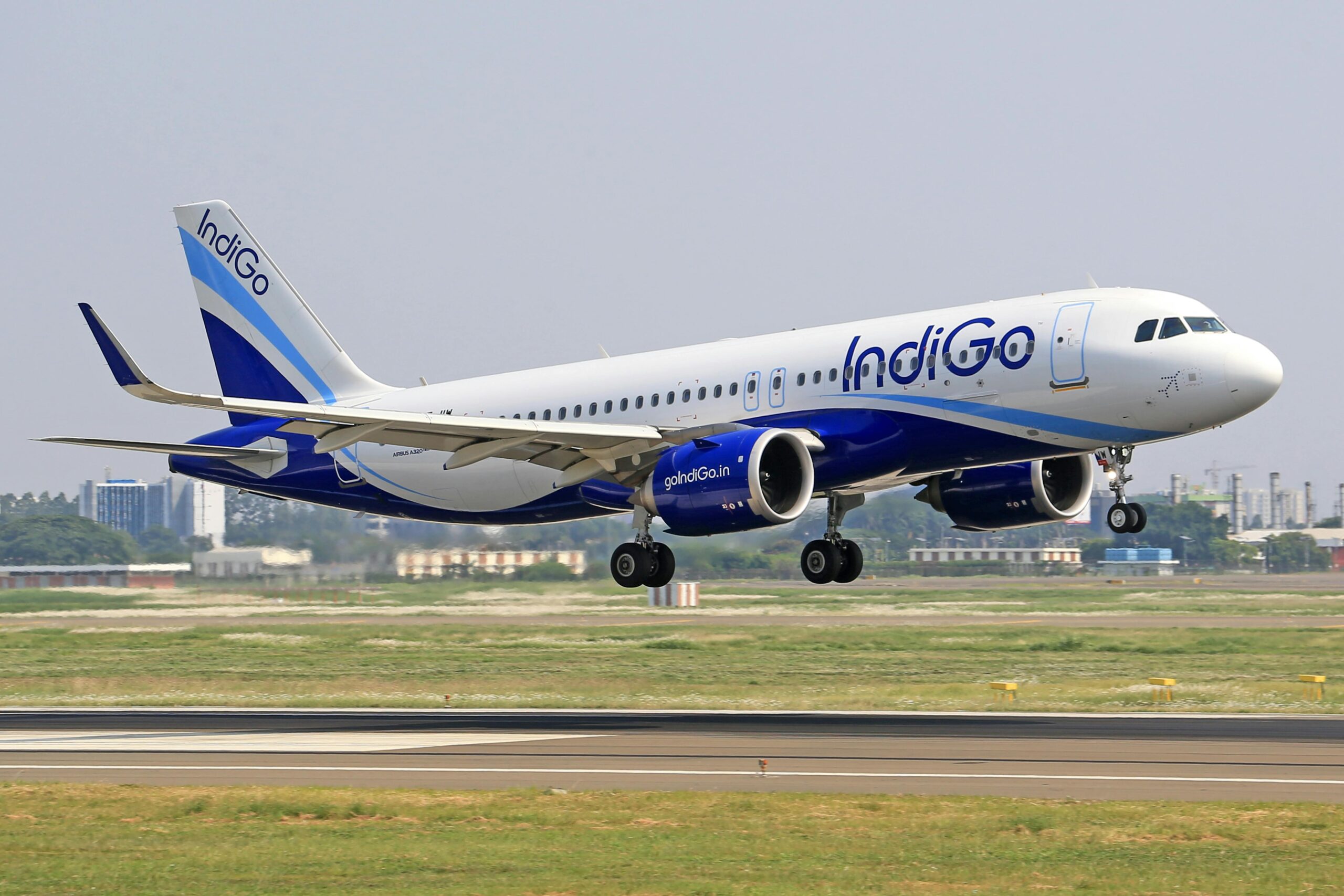

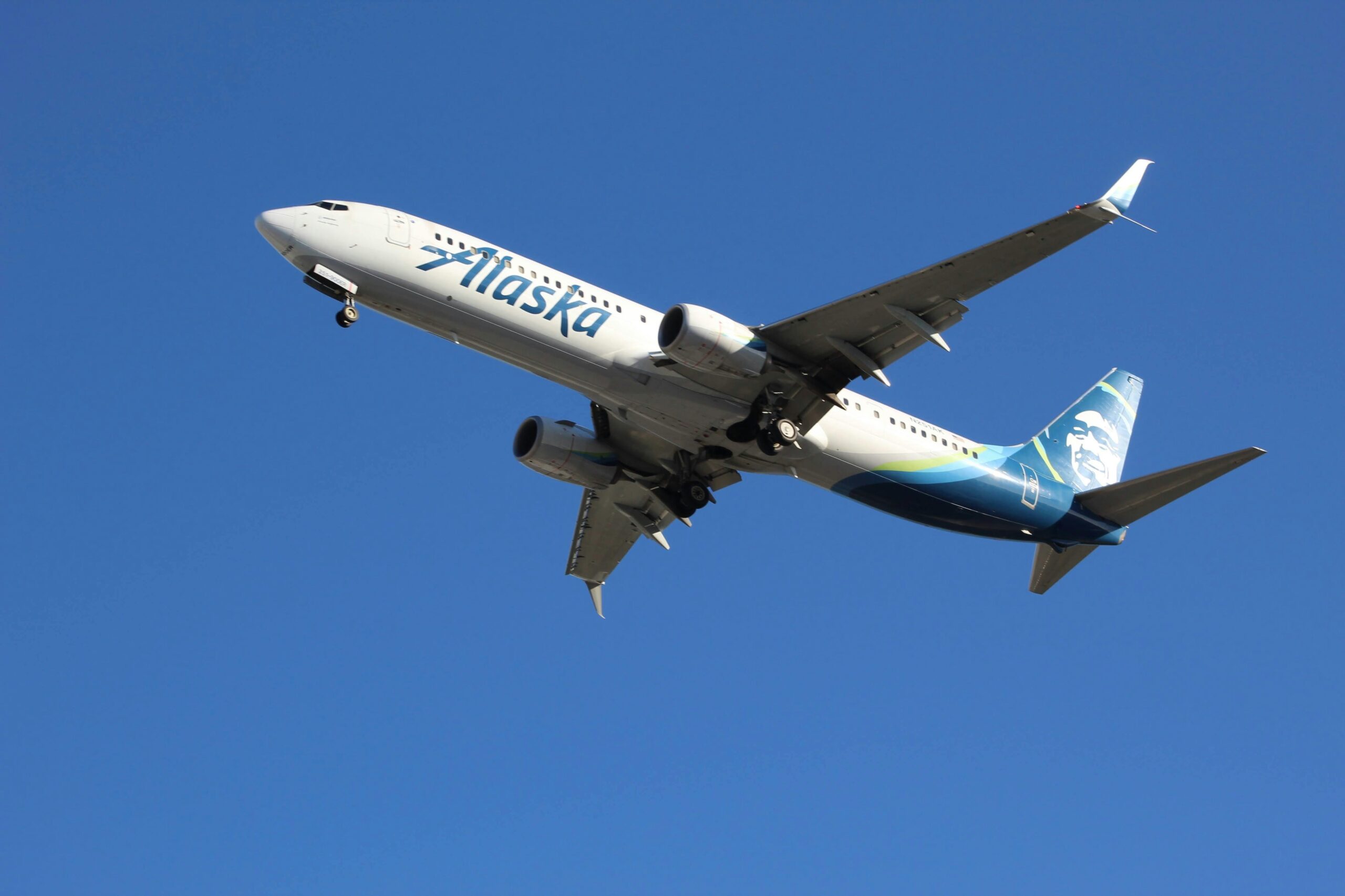
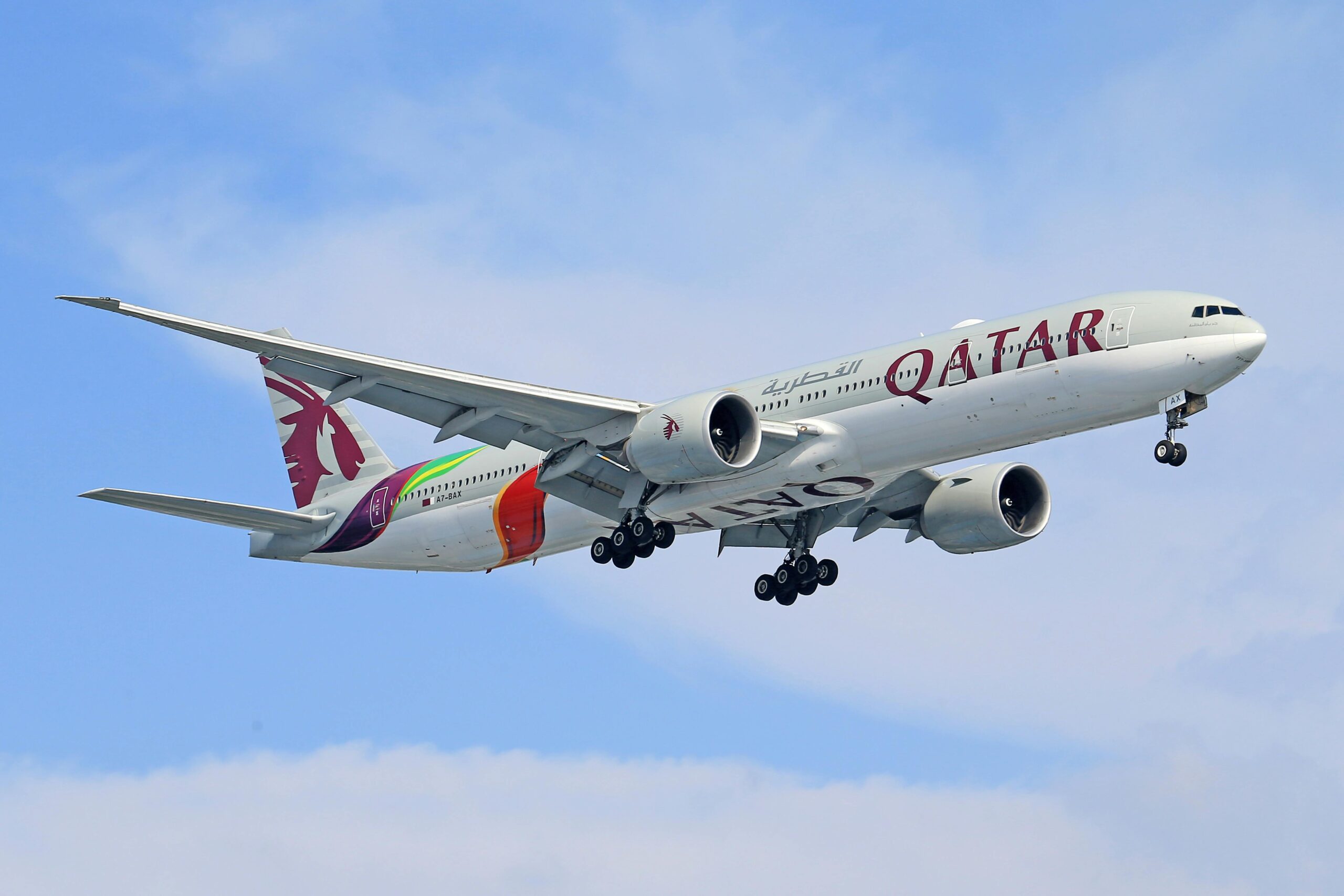
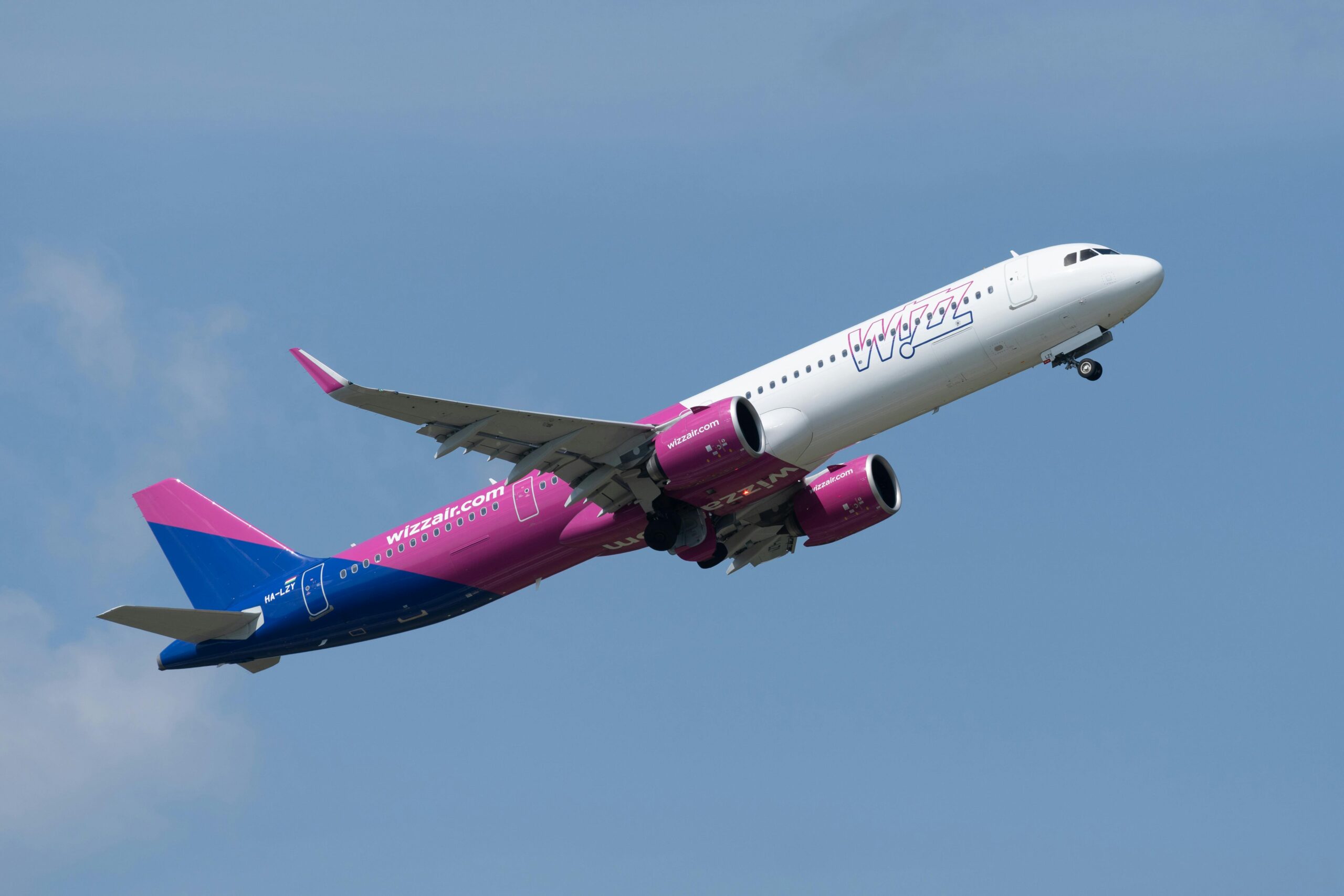

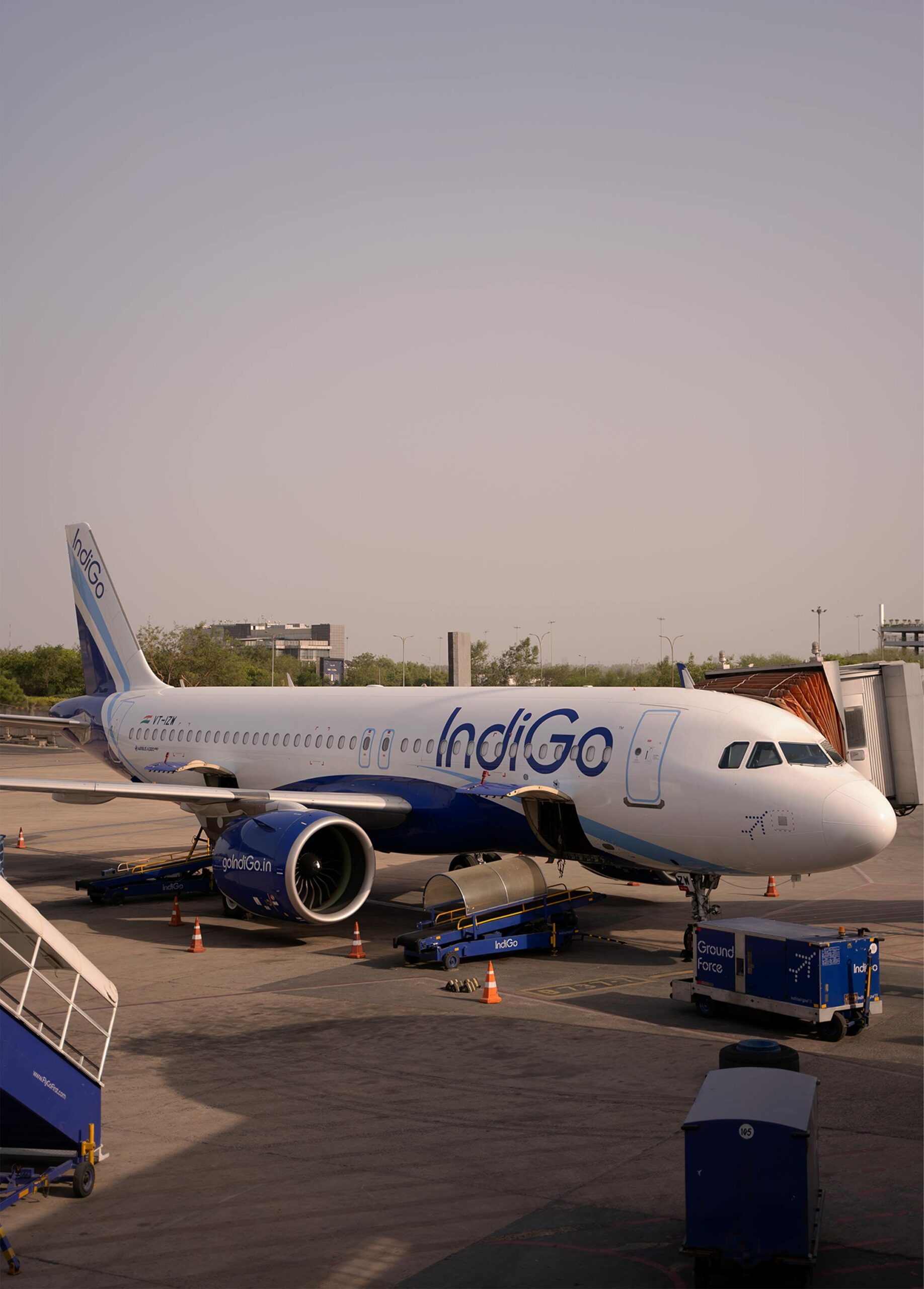




Leave a Reply